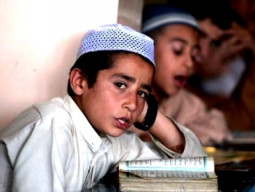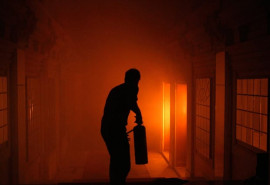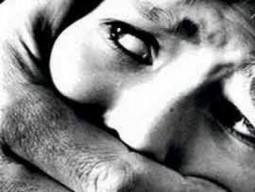
The workshop was organised in collaboration with the Environment Protection Department (EPD). It trained teachers from public and low-budget private schools about the issues concerning environment.
The workshop was held in three sessions. The 70 participants were divided into two groups.
The first session consisted of lectures and presentations on 19 different topics including pollution, environmental laws, hazards, drugs, socio economics, and deforestation.
The second session included trips to the tanneries in Kasur, the Hadyara drain, Mahmood Booti and the World Wide Fund for Nature (WWF) head office in the city.
The third and the final session tested the participants for learning from the first and second sessions.
The participating teachers were graded. They were also awarded shields and certificates.
Mobeen Altaf, a public school teacher, who scored the highest marks said, “My sister had died of cancer.
Ever since, I have been motivated to do something to create awareness about environmental hazards and how to curb them.”
She said that the workshop had provided a wealth of critical knowledge to the participants about the issue.
Mubarak Ali, another participant said that the workshop had given the participants a new outlook on things around them.
He said, “It is very important to understand that pollution is a major problem. We all have to work to save our environment.”
Dr Almas, the KCWU Environmental Department head, said, “We have tried to educate the participants discussing in detail the various aspects of the problems so that they can pass the knowledge gained here to their students.”
Prof Nikhat Khan, the project convener and the KCWU vice principal, said, “We wanted to focus on small schools to begin with.
Being the pioneers of environmental studies programmes, we also wanted to produce trained professionals not only to spread awareness but also to overcome the problems.”
The participants thanked the hosts for organizing the event and encouraging teachers from small schools, who do not get such opportunities very frequently.
Dr Rukhsana David, the KCWU principal, said that it was very important to make the common man aware as he was the one most affected by the environmental pollution. “We have to plan things for our children to live in a safer environment.
We cannot leave it to the government,” she said.
Published in The Express Tribune, December 16th, 2010.



1733707590-0/Jay-Z-(5)1733707590-0-165x106.webp)




1732012115-0/Untitled-design-(14)1732012115-0-270x192.webp)














COMMENTS
Comments are moderated and generally will be posted if they are on-topic and not abusive.
For more information, please see our Comments FAQ